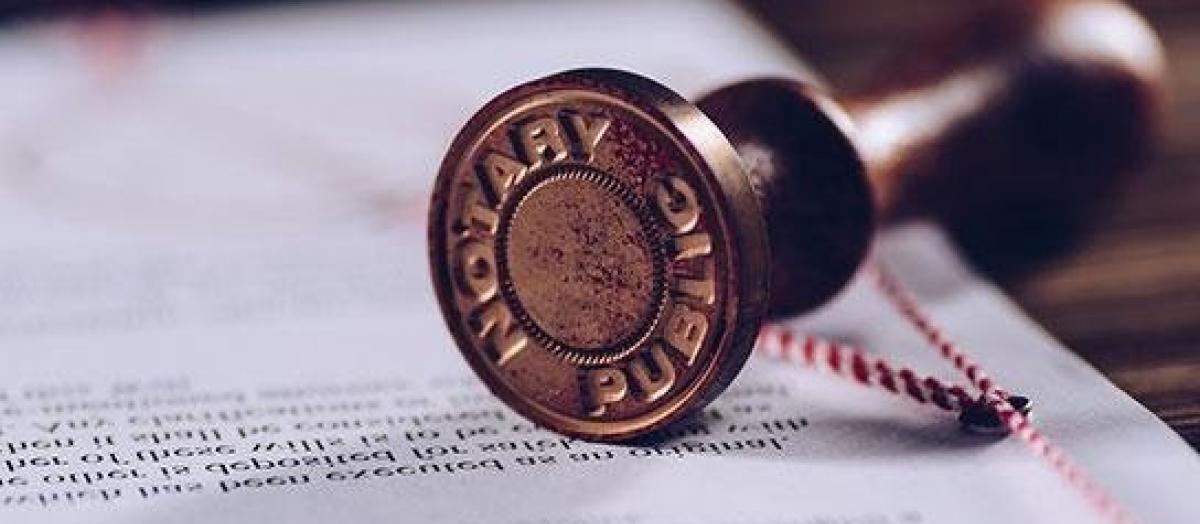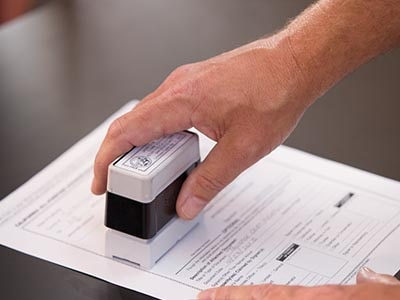Demystifying Notarial Work: Streamlining the Role and Relevance of Notaries
Their function, typically shrouded in secret for numerous, carries significant weight in making certain the legitimacy and stability of critical papers. By untangling the complexities surrounding notarial methods and dropping light on the significance of their acts, a clearer understanding arises of the important function notaries play in upholding the material of legal and contractual arrangements.
The History of Notarial Work
The background of notarial work days back to ancient civilizations, where scribes played an important duty in tape-recording crucial details and confirming documents. This led to the development of notaries, people assigned by the state to act as neutral witnesses in lawful matters.
During the Middle Ages, notaries acquired prominence in Europe, with their features increasing to include composing lawful records, accrediting signatures, and maintaining documents. The rise of international profession even more emphasized the value of notarial job in confirming contracts and contracts across borders.
In the contemporary era, notaries remain to play an important role in lawful and business transactions by verifying identities, verifying the authenticity of files, and stopping fraudulence. Their function in certifying the validity of arrangements adds a layer of safety and depend on to the ever-evolving landscape of commerce and regulation.

Obligations and Obligations of Notaries
The historical evolution of notarial work from ancient people to the modern era has actually shaped the distinct obligations and obligations that notaries support in lawful and company transactions today. Notaries play an essential function in validating the authenticity of papers and the identification of notaries. Among their key obligations is to witness the signing of important papers, such as wills, deeds, and contracts, to guarantee that all events are participating in agreements knowingly and voluntarily. Notaries additionally validate that signatures are of sound mind and not under pressure or threat.
Moreover, notaries are tasked with administering vows and affirmations, which are critical in legal proceedings and the implementation of sworn statements. They license copies of initial documents, offering assurance to organizations that the copies hold true replicas of the originals. Notaries must maintain exact documents of all transactions they look after to make sure transparency and accountability. Generally, the obligations and obligations of notaries are vital in guarding the integrity and validity of numerous records and deals.
Notarial Certificates and Signatures
Exhibiting thorough focus to detail, notarial certifications and signatures function as essential elements in verifying the credibility of legal papers. Notarial certifications commonly include vital details such as the date of notarization, the names of the signatures, a description of the file, and the notary's official seal. These certifications supply a clear record of the notarial act, guaranteeing that the file can be easily determined and traced back to the notary who supervised the process.
Signatures play a pivotal duty in notarial work, as they signify the arrangement and approval of the celebrations entailed. Notaries meticulously witness the finalizing of documents to confirm the discover this info here identification of the notaries and confirm that they are signing of their own free choice. By fastening their main seal and trademark to the file, notaries certify that the necessary treatments have been adhered to which the file is valid and enforceable.
Basically, notarial certifications and signatures are the characteristic of moved here credibility in legal deals, providing assurance to all parties involved that the papers are reputable and binding.
Significance of Notarial Acts

Notarization Refine Clarified
Discussing the registration process supplies quality on the vital actions associated with validating legal documents. The registration procedure normally begins with the specific providing the document to a notary public. The notary then validates the endorser's identity with appropriate identification approaches. As soon as the identification is verified, the notary guarantees that the individual authorizing the file does so voluntarily and with no coercion.

Final Thought

Notarial certifications usually have vital details such as the date of registration, click now the names of the signatures, a description of the document, and the notary's main seal. These certificates offer a clear document of the notarial act, making sure that the record can be easily identified and traced back to the notary that oversaw the procedure.
By affixing their official seal and signature to the document, notaries certify that the necessary treatments have actually been followed and that the document is valid and enforceable.
By verifying the identification of the signatures, validating their willingness to get in right into the arrangement, and licensing the day and place of the finalizing, notaries play a crucial duty in upholding the legitimacy of lawful records.After the record is authorized, the notary will affix their official seal or stamp onto the record.